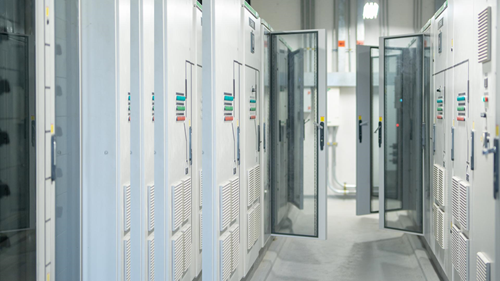Digital progress and legislative changes: What the 2025 coalition pact means for the telecommunications industry
Election Insights
Digitalisation, more open data usage, AI and infrastructure renewal – these topics run like a thread through the coalition pact of 9 April 2025. The telecommunications industry is in the spotlight twice, as its networks are the critical infrastructure of digitalisation:
1. Network expansion
The coalition pact aims to promote network expansion. It is committed to nationwide fibre optic expansion to homes and nationwide expansion of mobile communications, based on the principle of “market before state”, but with state support if necessary. In any case, the mobile communications infrastructure company (Mobilfunkinfrastrukturgesellschaft), a state-owned company set up to coordinate subsidy programmes of the federal states, is to remain in place to spend the subsidies that have already been approved. The Telecommunications Network Expansion Acceleration Bill (Telekommunikations-Netzausbau-Beschleunigungsgesetz) is to be passed and define the expansion of fibre optic and mobile communications networks as being of overriding public interest. Space travel, referred to as a “future and key technology”, is also intended to ensure standalone capability for space-based communications. In addition, the coalition wants to make Germany a central location for data centres and bring at least one AI gigafactory to Germany.
2. Resilience
Telecommunications networks will be among the critical infrastructure affected by planned changes to foreign trade law: in sensitive areas of critical infrastructure, only components from trustworthy countries may be used in future, and foreign investment in infrastructure is to be prevented if it conflicts with national interests. In general, the new government is pursuing the goal of making Germany more resilient, especially in critical infrastructure. In doing so, it is also focusing on investment in IT security and application-oriented resilience research.
3. Monitoring
At the same time, the digital space is to be better monitored with the help of network operators. Network operators are to implement three-month data retention of IP addresses and port numbers so they can be assigned to connection owners. Security authorities are to be given easier access to telecommunications surveillance and cell site location data (sections 100a onwards of the German Code of Criminal Procedure (Strafprozessordnung – StPO). Both measures are likely to result in considerable work for the companies concerned.
This article is published as part of our Election Insights. All Election Insights and more information on the election and its impact on industry and the economy can be found on our Election Hub (here).
Well
informed
Subscribe to our newsletter now to stay up to date on the latest developments.
Subscribe now





